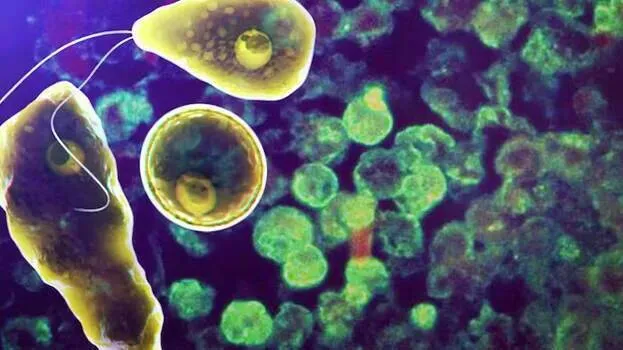

THIRUVANANTHAPURAM: Following a recent rise in deaths caused by amoebic meningoencephalitis (brain fever) in the state, the Health Department has launched a detailed study to identify the causes and sources of the disease. The study is being conducted jointly by the Health Department and experts from the ICMR–National Institute of Epidemiology in Chennai.
Although the illness is closely linked to environmental factors, the study team does not include environmental specialists. Health workers say this could limit the team’s ability to fully understand all aspects of the disease’s spread. The current team mainly consists of experts in community medicine and public health, who are focusing on disease and treatment patterns.
Field studies have begun in Kozhikode, where the first cases were reported. Similar studies will be conducted in Thiruvananthapuram, Kollam, and Malappuram, where other cases have been confirmed. Since the source and pattern of infection can vary, each case will be studied separately. Investigators will inspect the homes and surroundings of infected or deceased individuals and analyse the sources of their drinking water. Water samples will also be collected for testing.
The study is expected to take at least six months to complete. Earlier in August, a technical workshop was held with experts from Kerala, ICMR, IAV, the Pondicherry AV Institute, the Indian Institute of Science, and the Pollution Control Board to plan further research. The current fieldwork is a continuation of that effort.
Testing at Public Health Lab
All samples collected as part of the study will be tested at the Thiruvananthapuram Public Health Laboratory. The lab is equipped with molecular testing facilities to identify amoeba species and confirm infections. It can also detect up to five different types of amoebae through advanced molecular techniques.
Key questions that need to be answered
1. How did only one person become infected when several people used the same water source?
2. Are there undiagnosed or unnoticed cases of infection?
3. Do infected individuals develop antibodies against the disease?
4. Can antibodies be detected through blood tests?
"Strong measures are being taken for both treatment and prevention of amoebic brain fever. Steps have been effectively implemented to ensure early diagnosis and expert medical care. Globally, the disease has a fatality rate of around 99%, but through improved interventions, Kerala has reduced the mortality rate to 24%."
- Health Minister Veena George